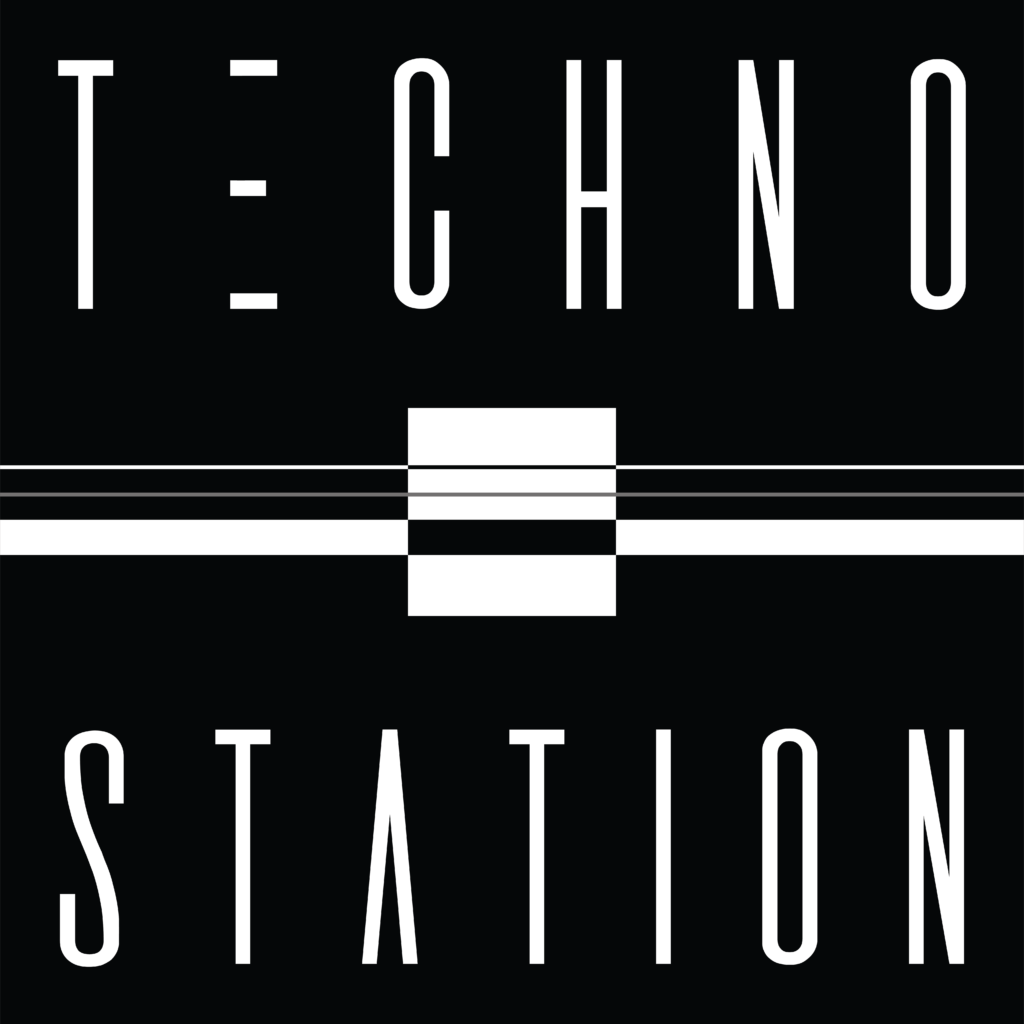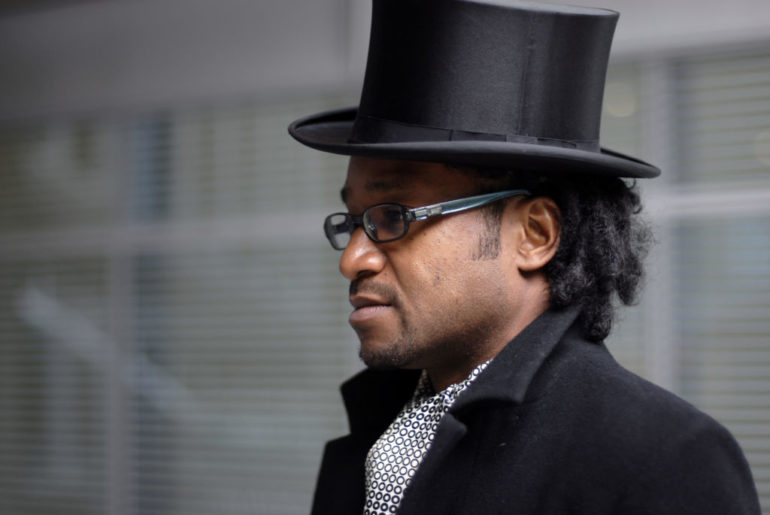With over 30 years behind the decks, Amsterdam legend Steve Rachmad is one the veterans in the continuous growing techno scene, one of those who were able to maintain his signature sound and uniqueness.
we took Steve to a conversation about djing, production, the changes over the years ,what’s going on behind the scene, in the underground and what we can expect from the future
Featuerd Photo by Michel Mees
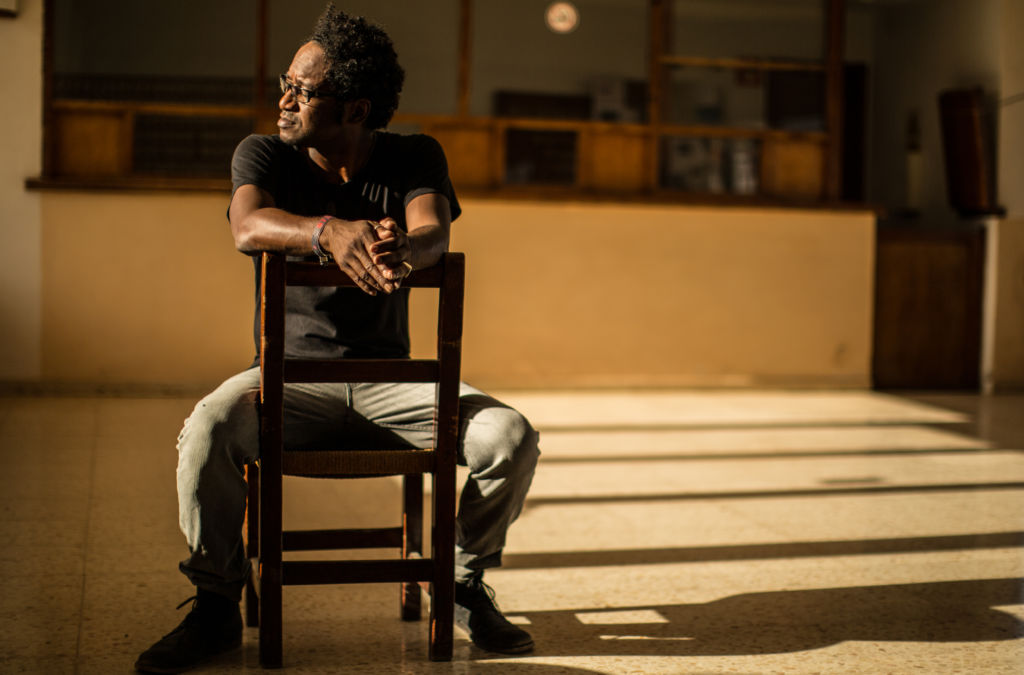 Photo by Noam Ofir
Photo by Noam Ofir
Before we start to talk…here is his latest mix @ Movement 2017
You’ve celebrated 30 years of DJing in 2014. that’s an impressive career. You were always into music, learning to mix at 12 and starting to produce at 15, but that’s probably not what your parents planned for you. Who did they want you to be – a doctor, a lawyer?
My ambition was at first to be a technical engineer. However, along the way music distracted me and I didn’t focus well on school. At some point I simply realised my ears and musicality were my number one talent and passion. My parents were of course not happy with it; neglecting school and even not finishing it, is not something they hoped for me. I struggled with this for a long time too. Only later, when someone at my father’s work came to him with Oor magazine in his and asked him “hey, is Steve Rachmad not your son?”, he realised I was doing something right. This is when he started embracing it. As for me, my path was pretty clear. I’ve delivered newspapers for a long time so I could buy my first 808. And when I wanted to have a synthesizer of my own I started working for an employment agency, ending up at KLM Catering haha! In the meantime, I spent a lot of time in professional studios editing for other artists and learning. Later on I started to work in the Outland record store. Since those days I never did something else than music. Besides DJing and travelling the World, I do wish to have more time for production; I still really want to explore producing for a really good singer. Maybe my upcoming Sterac Electronics album on Voyage Direct will open up some new doors for this.
What did you feel when you read the first review of your production?
Proud, of course. I’d been working on my own productions for a while already, and I’d set the bar high, going for the perfect, clean sound of the producers I grew up with in the 80s. I remember releasing the first Black Scorpion release, which got picked up really good, and feeling proud of delivering tracks that had met my own high demands.
Do you think it was harder to start off a career living in Amsterdam, than in London or Detroit in the 80’s and beginning of the 90’s, when UK and the USA were in the forefront of dance music?
I’m not sure. A lot of eyes were on the US, on the Detroit and Eastcoast scene, and I was excited about the techno music that came from it, wanting to be part of it. But on the other hand, in Amsterdam we were right in between different music scenes. I picked up techno from the US import stores, but also caught what was happening in Belgium, Germany and France. This way we breathed different styles, which led to a sound of our own – although in my case the Detroit vibe was closest to me.
Do you associate yourself with some “Sound”? Like “European” or “American” sound? What’s your personal opinion on that?
I’ve always had a direct link with Detroit techno, that’s obvious. But for me it’s more a feeling than one particular sound. For example, a lot of people think of really fast, heavy techno music when you say Detroit. But for me it’s the classic stuff from Derrick May, the old Carl Craig and Kenny Larkin stuff. You know, deep sounds with beautiful strings. That’s always been a fascination for me, back in the 80s already. I think I associate myself more with that kind of music, the nicely layered techno that’s open for chords and melodies, than a particular style from either side of the ocean. Further than that, I like to produce and also play across different genres. I have my own sound and I am proud of that.
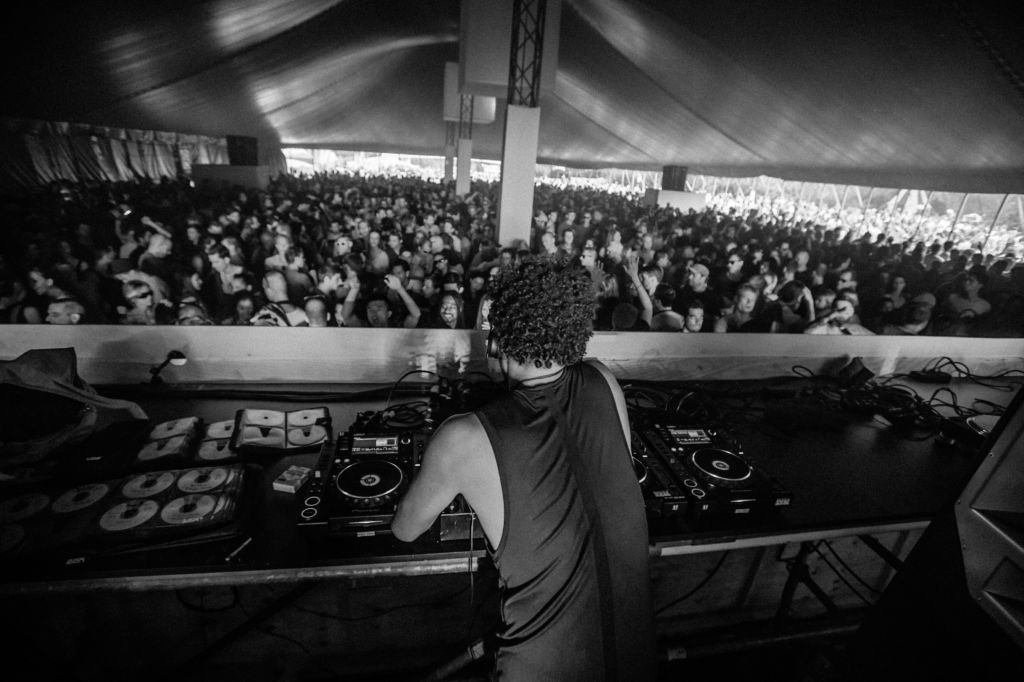
In Interviews along the years you talked about being worried before some gigs. Like that time when you played after Ricardo Villalobos and were nervous that it would be hard to follow up his set. You are one of the most experienced DJs in the word and you still worry? That seems so sincere, where does it come from?
Well, you can have the biggest, most respected name in the world, but you still have to live up to the expectation every time you get on stage. And I’m a human being with different moods, just like everyone, so you always have to stay sharp and focused to deliver the best performance possible. And yeah, if it’s someone like Ricardo you’re following up, there’s some pressure, you feel the audience’s anticipation. And I really respect Ricardo, I think he is one of the most fascinating musical minds of our era – so this delivers extra pressure, I really need to perform and keep the people on the dancefloor! But I like it like that; it usually gets the best out of me.
what does it take to stay humane in the dance music scene now? How do you keep from becoming a music machine that comes, plays and goes?
For me, it’s a matter of keeping things exciting with every gig. Like I just said, when there’s pressure and a bit of tension, I feel alive and eager to give it all I got. It also forces me to read the audience and play the records that are needed – instead of playing a prepared set, which would definitely kill the pleasure for me. And to be honest, next to producing and DJing, there’s not much other stuff I’d wish to do in life. I am just very grateful that I am in a position in which I am, and I don’t want to trade my career for doing something else. After all, I am living my dream, I live from music and I get to be constantly in touch with music. It’s the main drive for me. Even though DJ life is hard and most of the times not all that glamorous, I do pause to realize how lucky I am to travel the world, meet new people, share my music, learn and grow along the way.
Did this change with the years? There is a feeling that DJs became more distant from the crowd. Not all of them of course.
Not for me. It actually got more interesting for me, as I’m playing more varied these days. As STERAC you’ll hear me play a more dark, deep techno focused set, but as Steve Rachmad it can get more melodic, from tech to deep house or more melodic techno. This has given me more freedom, but also the pressure of choice – there are various ways to go in a DJ set, I need to interact and stay focused to make the right choices.
How did the scene change in general? What would you get out of it and what would you bring back into it if you were an ultimate Dance Music Universe President?
Obviously, the electronic music scene has become larger, and worldwide. And with every music style gaining an audience, there’s the creative underground versus the more accessible sounds for the big audience. Some of it, I don’t really care for, although I wouldn’t want to get it out. For all you know, it might be the entering point for a new young scene leading to something completely fresh in electronic music. And bringing back something.. I’m an 80s guy, so wouldn’t mind to hear that 80s disco sound turn big again.
You always were and are true to yourself and to what you do. How do you manage that considering the ever-changing trends in music?
I try not to get swept away by music trends, I guess. There was a clear vision when I started producing, and I’ve always stayed true to that. There were some times when I had some doubts, for example during the years minimal techno was very popular and I wasn’t feeling most of the records that were coming out. But even then I realized where my heart was, and whether it was in fashion or not, I had to use that as my beacon. It’s how I’ve always continued my approach to music and performing.
What is emotional music for you? How do you express this special adrenaline and tenderness flowing suddenly into your chest when you feel connected to the crowd the most? Which tracks do you put? What do you say with these tracks and how do people respond?
Emotional music can actually cause that I drift away into my own bubble. As if I loose the connection to the World, I end up floating in a sort of a limbo state. And then the next moment I can realize: right, oh yeah, I am on stage. Sometimes I can be more connected to the music than the people. Sometimes they understand what I play, sometimes they don’t. I am introvert by nature even though I learned to open up, and I do try to touch people with music; I look for the connection that makes me feel content and makes the crowd dance. Sometimes they are more open-minded and can appreciate more; sometimes they are very particular about what they want. This sort of limitation can be frustrating for me though as I don’t like limitations and I like many different things. So if I try different things and don’t manage to connect, you can for sure see me frustrated leaving the stage after my set. And there are those shows where you connect so well, both with the music and the public. I feel very content leaving the stage, or falling asleep or taking the next flight. It feels I did something right.
I love playing beautiful strings, layering and waking up emotion even if the music is harder. There are different emotions you can wake up: some sweet, some that make your skin get goose bumps; some that runs adrenaline through your whole body and you want to scream it out of joy; you see people laugh, dance, hands are in the air… There are no particular tracks I wish to name here, as these change in my sets. I don’t have a recipe… Lately, I like to play my own edit of Frankie Goes to Hollywood and Marilyn Manson, and just observe what happens.
We have been paying attention to the matters of safety in the scene. There are a lot of tragic events happening in the world and now, since we have internet, we have access to all the incident information.The tragic events of Love Parade 2010, when 21 people died in the crowd, Carl Cox’s gig being stopped by a gun fire in Venezuela, young people overdosing at Time Warp Argentina, the Orlando Shooting. Carl Craig said, that something needs to be done to make the party scene safe and comfortable again, like it was in the 90’s, when people were going to the clubs to spend cozy musical time. What are your thoughts about that? What can we all do to make our environment safer?
This is a very actual topic now after what happened at BPM in Mexico. It’s a difficult situation. The world population is growing, just like the audience for electronic music. Which leads to bigger masses at clubs and festivals – there’s nothing you can do about that. So it’s important to keep a close eye on each other, perhaps with rules and regulations, but also with keeping that family feeling alive. This has always been one of the strongest elements of dance music, whether it was in the disco days or the house music that followed. Everybody who was into it, felt like they belonged to a particular tribe, a family you might say. If this feeling could be maintained, as difficult as it is with such a big audience and fragmented scene, we wouldn’t have been confronted with these things any more. I am not sure this is realistic to expect though. I hope so!
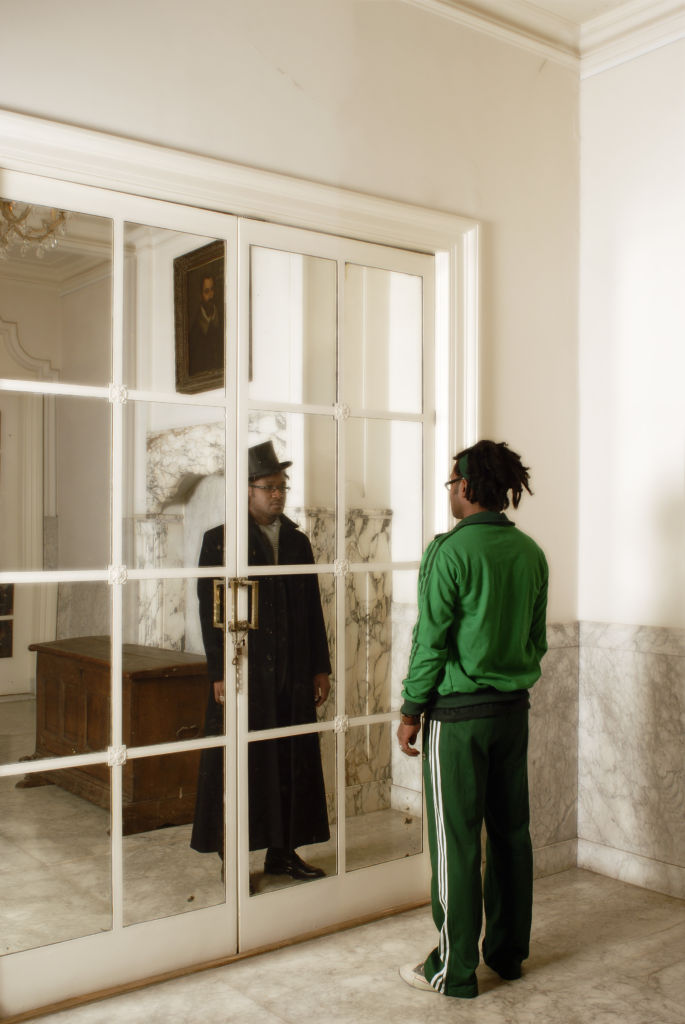 Photo by Michel-Mees
Photo by Michel-Mees
Do you think that there is something or someone you are thankful to for the career you have established, for staying true to what you do and being able to share it?
I am grateful to my mentors who taught me and trained my ears back in the day; to Benny Rodrigues who said to me in the time of minimal “Steve, stay true to yourself, go back to your origins and you will find the way.” Of course I knew this myself, but somehow his words gave me an extra push. And I am grateful to have my booker and manager for the last 15 years, as without her devotion, passion, motivation, vision, and her belief in me, I would probably stand at a different place right now.
Finally, tell us about your latest releases – which one was the most interesting to work on?
I just remixed a G Flame track for Davide Squillace’s label as Sterac, this will be coming up soon; my Sterac Electronics album is coming up on Voyage Direct in February – expect 80s, boogie and electro, so something else that you maybe expect from me. I just also finished remixes for DJ Deep and his label Deeply Rooted, as well as some remixes for Octual on Just This. I am working on remixes for Kanzleramt, MOOR, Quazar, Paul Ritch and Kerri Chandler too.
As for the rest, I have quite some music ready and am regrouping on the labels which we are going to approach. Stay tuned!
Last one: Do you have an advice for the young DJs and producers there are out there?
Something like “drop your laptop and lean to mix vinyl” maybe?
Well, not the later in any case. I believe it’s possible to become a good DJ and producer in any kind of way, whether you’re playing a laptop, vinyl or flashdrive. My only advice I can probably give is a bit of a cliché: keep learning. You have to always be eager to get your music to the next level, open for influences but true to your own vision. It’s tempting to stay close to your guns, but if you let other artists or music styles be an influence, there’s no telling in which direction your sound will develop.
www.facebook.com/steverachmadofficial
https://www.facebook.com/STERACofficial
Bookings World: www.ad-bookings.com
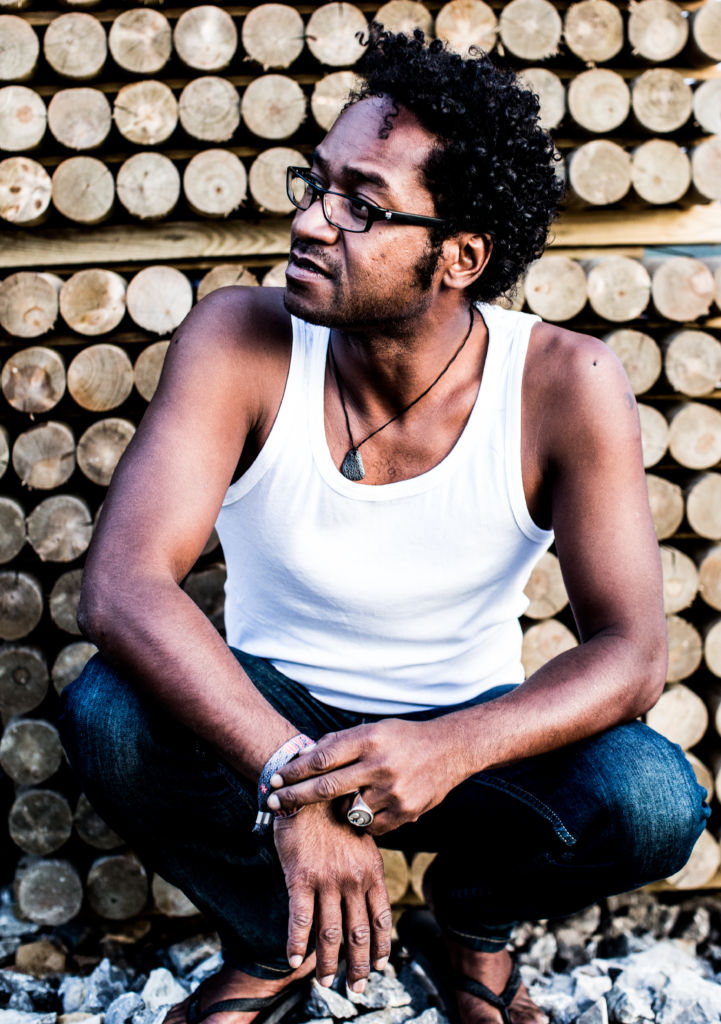 Photo by Noam Ofir
Photo by Noam Ofir

